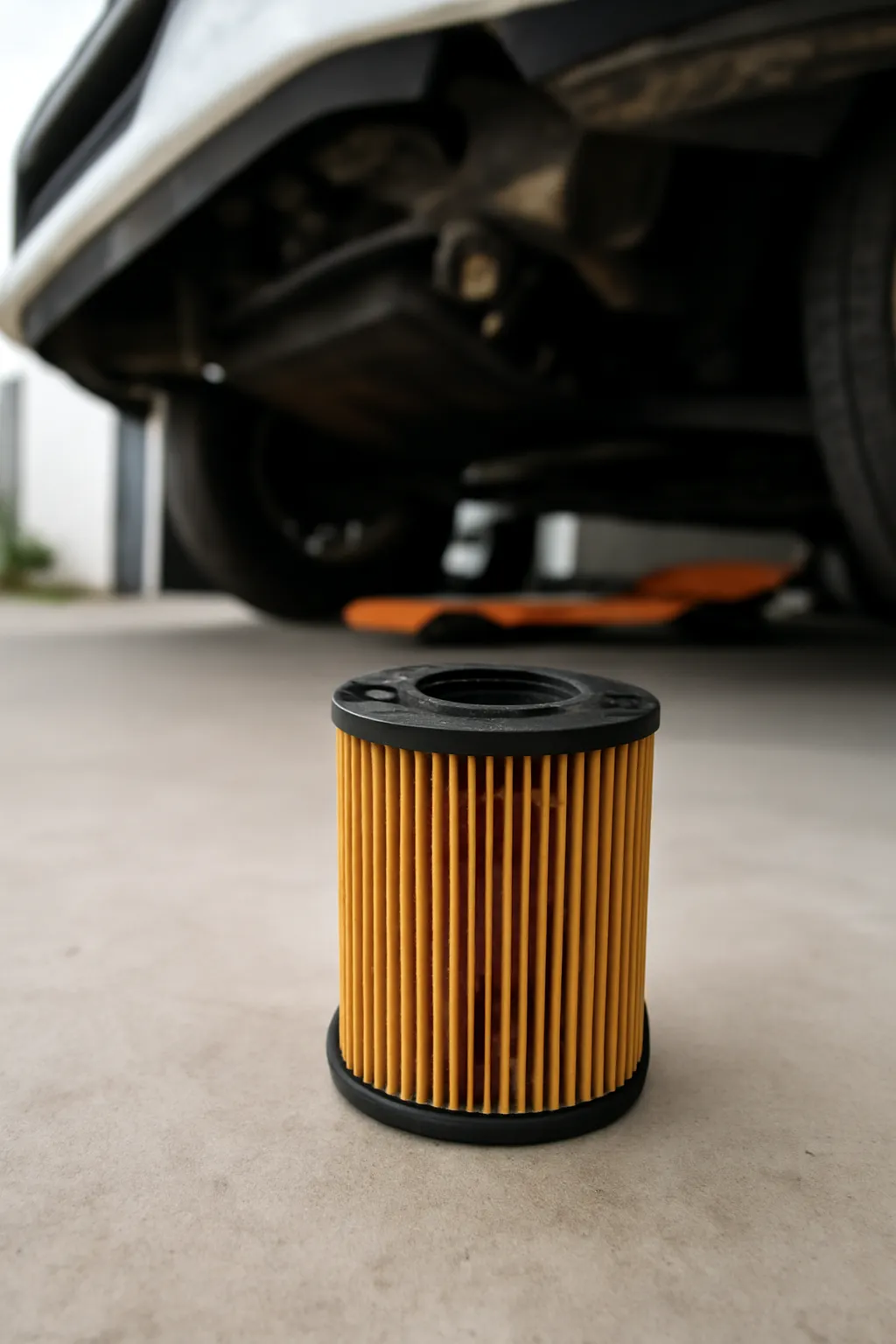Engine oil filters play a crucial role in ensuring the efficient operation of an engine. Understanding their pricing, replacement cycles, and types is essential for anyone looking to maintain their vehicle in optimal condition. In this article, we’ll explore the various factors surrounding engine oil filters, including their prices, replacement cycles, and types, to help you make informed decisions for your vehicle.
Engine Oil Filter Price
The cost of an engine oil filter is a common concern for vehicle owners, and it can vary significantly based on several factors. These include the brand, type, and compatibility with the vehicle’s engine. Typically, you can expect to pay anywhere from $5 to $20 for a standard oil filter. However, high-performance or specialized filters, especially for luxury or sports cars, may cost between $20 and $50.
Why Does the Price Vary?
The price difference is largely due to the quality of the filter’s materials. Premium filters are made with higher-grade components, which improve their filtration ability, longevity, and overall performance. For example, synthetic filters, which use high-efficiency media, tend to be more expensive but are known for their superior filtration and longer lifespan.
Where to Buy Engine Oil Filters?
Oil filters can be purchased at various locations, such as automotive supply stores, online marketplaces like Amazon, and dealership service centers. While buying from a dealership might guarantee compatibility with your vehicle, buying from third-party retailers often offers the same products at a lower price.
Are Cheap Oil Filters Worth It?
While you may be tempted to go for the cheapest option, it’s essential to remember that quality filters can protect your engine more effectively, especially when compared to budget options. Cheap filters may lack the durability and filtration capabilities of higher-end filters, potentially leading to engine damage or poor performance.
👉Learn more about oil filter pricing👈
Engine Oil Filter Replacement Cycle
Changing the engine oil filter at the proper intervals is vital to maintaining the longevity of your vehicle’s engine. The replacement cycle for an oil filter typically aligns with the engine oil change schedule, which varies by vehicle type and the type of oil used.
How Often Should You Replace the Oil Filter?
Most manufacturers recommend replacing the oil filter every 3,000 to 5,000 miles if using conventional oil. However, if you use synthetic oil, the replacement cycle may extend to 7,500 to 10,000 miles. Always check your vehicle’s owner manual to ensure you’re following the manufacturer’s guidelines.
What Happens If You Don’t Replace the Oil Filter?
Not replacing the oil filter can lead to several issues. Over time, the filter becomes clogged with dirt and debris, reducing its ability to clean the oil effectively. This can cause the oil to become dirty and less effective at lubricating the engine, leading to engine wear and potential damage.
Signs It’s Time to Replace the Oil Filter
There are a few signs that indicate your oil filter needs to be replaced, including:
-
Decreased engine performance or strange noises
-
Reduced oil pressure
-
Frequent engine overheating
-
Increased exhaust smoke or dark oil
👉Check your oil filter replacement schedule👈
Types of Engine Oil Filters
There are several different types of oil filters, each designed for specific vehicles and purposes. The most common types are mechanical, cartridge, and spin-on filters, but each type has its own advantages.
1. Spin-on Oil Filters
These are the most common type of oil filter. They are easy to replace and often used in most standard vehicles. Spin-on filters feature a metal canister with a filter element inside, and they are designed to be twisted on and off for convenience.
2. Cartridge Oil Filters
Cartridge oil filters are often used in vehicles with more complex designs, particularly European cars. Unlike spin-on filters, cartridge filters do not have a metal housing; instead, the filter media is housed within a removable cartridge that is typically located inside a separate filter housing.
3. High-Efficiency Oil Filters
These filters are designed for performance and are commonly used in high-performance and luxury vehicles. They have advanced filtration media that can filter out even smaller contaminants, providing superior protection for high-revving engines.
4. Synthetic Oil Filters
Made to work with synthetic oils, these filters offer enhanced filtration and longer service intervals. They are often used in vehicles that require synthetic oil or in cases where the owner prefers to extend the oil change intervals.
5. Oil Filter with Built-in Oil Pressure Relief Valve
Some filters come equipped with an oil pressure relief valve that allows oil to bypass the filter in the event of a clogged filter. This feature ensures that the engine continues to receive oil even if the filter becomes clogged, though it can mean that contaminants pass into the engine, so it’s important to change the filter regularly.
👉Explore different engine oil filter types👈
Conclusion
Understanding engine oil filters is crucial for maintaining your vehicle’s engine in top condition. From knowing the right replacement cycle to choosing the correct type of filter, every detail counts when it comes to ensuring your car runs smoothly. While prices vary, always consider quality over cost to prevent long-term damage. Regularly replacing your oil filter as per the manufacturer’s guidelines is the best way to avoid engine trouble and maintain your vehicle’s efficiency.






